Growing Gifts programme ‘Come to Me, Follow Me’
2nd March 2026The Growing Gifts programme is a formation and training programme for those who are called within a local church to lead worship or preach on an occasional basis, locally authorised.
Header Text
Footer Text
The Growing Gifts programme is a formation and training programme for those who are called within a local church to lead worship or preach on an occasional basis, locally authorised.
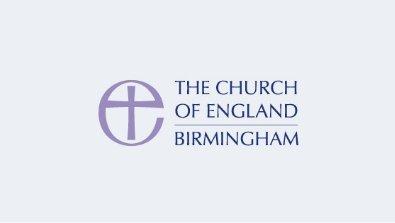
Today, 26 February 2026, Church of England Birmingham opened its doors at John Cadbury House to clergy and church leaders for its first-ever Open Day.
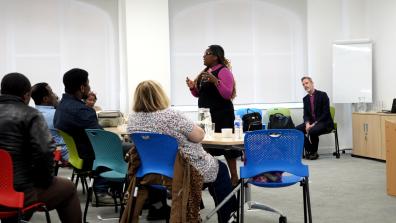
Join us for an open event on 26 February for those interested in clergy roles in Church of England Birmingham.
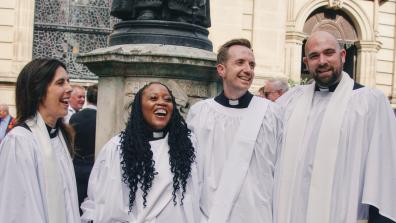
St James’ Church, Shirley was part of the CofE Net Zero Programme’s Demonstrator Church project and have just replaced their 35 year old gas boilers with electric heating chandeliers and panels.
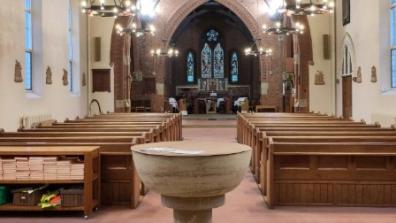
Congratulations to St Christopher’s, Springfield on becoming only the second church in the diocese to achieve A Rocha UK’s prestigious Gold Eco Church award.
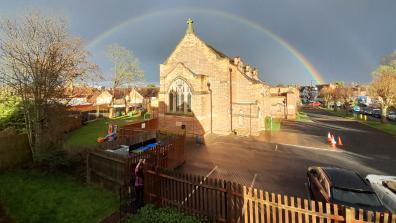
The team at St Chad’s is delighted that Historic England have added the church to the List of Buildings of Special Architectural or Historic Interest.
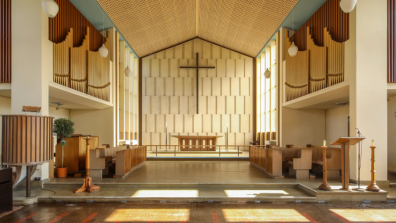
New Diocesan Secretary Andy Winmill will bring extensive strategic and missional experience to this crucial leadership role across the Church of England in Birmingham.

In May 2024, a small group of committed members at St Hilda’s Church, Warley Woods came together to form an Eco Group. At our very first meeting, we were encouraged to discover that we had already met the criteria for the Bronze Eco Church Award from A Rocha UK. The award framework offered us practical ideas and inspiration to build on our strengths and grow in areas where there was room for development. Just over a year later, we were delighted to be awarded the Silver Eco Church Award.
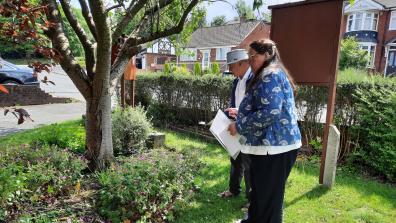
On All Saints' Day, Saturday, 1st November, people involved in various ministries throughout the Church of England Birmingham gathered at St. Barnabas in Erdington to celebrate, give thanks, and find encouragement.
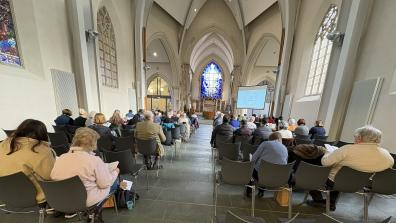
Between 10-21 November, representatives of 190 countries will meet in Belem, Brazil, for the United Nations 30th conference of the Parties (COP30) on Climate Change.
